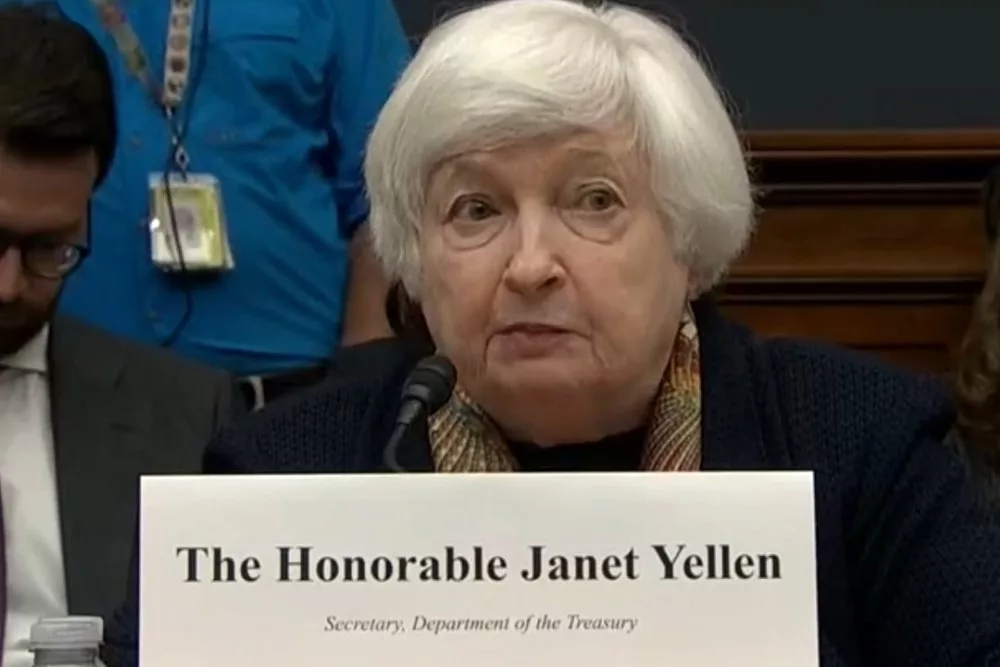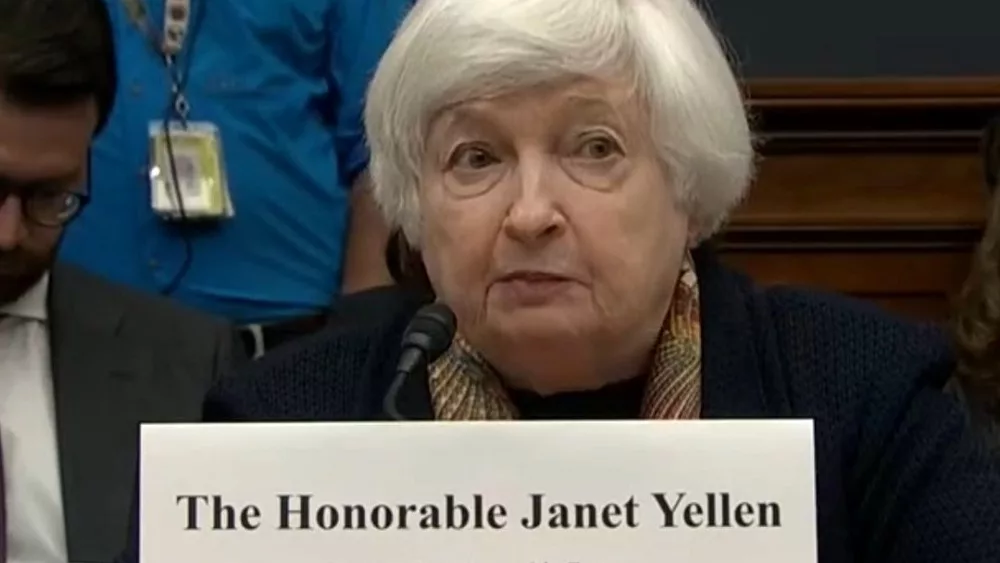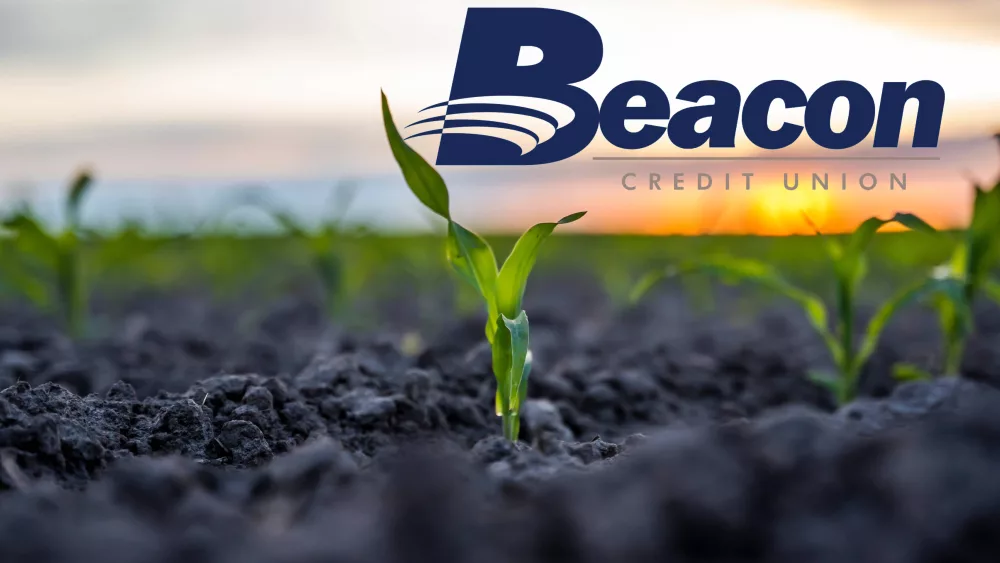
UPDATE ON DEC. 23: The saga over the Corporate Transparency Act continues as the United States Court of Appeals for the Fifth Circuit has lifted an injunction that had been put into place by a federal judge in Texas, meaning a January 2025 deadline for more than 32 million people to file a report is back in effect. Failure to file the report in time could result in up to two years in prison and a $10,000 fine.
Farmers who operate corporations and limited liability companies are once again required to file a “Beneficial Ownership Information” report with the U.S. Department of Treasury’s Financial Crimes Enforcement Network (FinCEN) or face stiff fines or jail time.
According to American Farm Bureau Federation (AFBF), more than 230,000 farms are required to file, but as of October, less than 11% of all eligible businesses nationwide had done so.
In light of the Fifth Circuit’s decision, FinCEN announced it will delay enforcement of the Corporate Transparency Act until January 13, 2025—just an additional 12 days from the original deadline. However, ag leaders are concerned that this delay does not allow enough time for millions of farmers and small business owners to comply with the law. Many have also expressed concerns that that FinCEN has failed to give adequate notice and instructions to law abiding farmers and family business owners.
“The Corporate Transparency Act requires millions of family farmers and ranchers to file complex paperwork and disclose beneficial ownership information with the federal government under penalty of severe fines and jailtime,” said Kent Bacus, Executive Director of Government Affairs for the National Cattlemen’s Beef Association (NCBA). “FinCEN should do the right thing and provide a realistic delay to the Corporate Transparency Act until Congress has an opportunity to provide a permanent fix that protects family farmers and ranchers.”
“Farm Bureau is very disappointed in the court of appeals decision to reinstate the Jan. 1 filing deadline,” said AFBF President Zippy Duvall. “It’s clear than many farmers aren’t aware of the filing requirement because of lack of guidance and the government’s poor public outreach.
“Farmers were given a reprieve from the filing deadline, but now, just two days before the holidays, when many families take a much-needed break from work responsibilities, the courts have reinstated the requirement. Unfortunately, thousands of farmers may unknowingly miss the deadline, putting their businesses at risk. We urge the government to grant an extension so more family businesses can comply with the rule,” Duvall added.
Farmers are encouraged to contact an accountant or attorney if they are unsure whether they are required to file their business’s BOI with FinCEN.
ORIGINAL STORY FROM DEC. 22: Up to two years in prison and a fine of $10,000 would have been what you were facing if you own a farm or small business and didn’t comply with the Corporate Transparency Act by Jan. 1, 2025. But, you’re off the hook—at least, for now!
“The rollout of this has been a flop on behalf of the Treasury Department,” says Kent Bacus, Executive Director of Government Affairs for the National Cattlemen’s Beef Association (NCBA).
A few weeks ago, the U.S. District Court for the Eastern District of Texas granted a nationwide preliminary injunction in Texas Top Cop Shop, Inc. v. Garland, and said that the Corporate Transparency Act was likely unconstitutional, so it has temporarily stopped the government from enforcing it.
The act requires farmers and small businesses from filing what’s called a “benefit ownership information report” in an effort to crack down on businesses that may have been created for the purpose of money laundering or funding terrorist activities.
The report would require many farmers and small business owners to give confidential information to the U.S. Treasury Department’s Financial Crimes Enforcement Network—or FinCEN, for short. The deadline for filling that report was supposed to be Jan. 1, 2025.
“We’re not out of the woods just yet because if the court determines that the preliminary injunction should be lifted, then FinCEN could go ahead and start enforcing this right away. So, it’s important that people continue to pay close attention to this,” says Bacus.
That’s why he offers this advice for farmers and small business owners.
“For your personal operation, this is the time to talk to your advisors, to your tax preparers, to your attorneys, and find out that, if this moves forward, is this something that you will need to comply with?” says Bacus.
If the law is allowed to go into effect, it would impact more than 32 million small businesses—including millions of farmers and ag producers.
“It is ultimately going to take an act of Congress to go back and amend this, to make it right, and not create a criminal class out of so many small businesses,” he says.
Before the ruling, small businesses that met certain criteria would have had to file reports with the Treasury Department by January 1, 2025, or risk fines and criminal penalties.
The preliminary relief will remain in effect until the conclusion of legal proceedings, at which point the court may enter a permanent injunction. In the meantime, the government is expected to appeal the preliminary injunction.
CLICK BELOW to hear Hoosier Ag Today’s radio news report.





